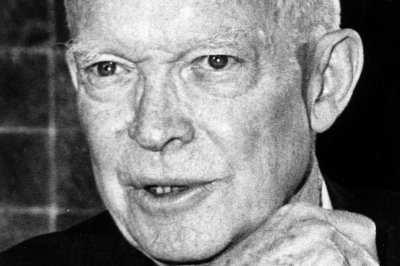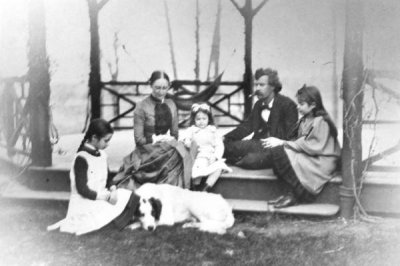Topic: James Prescott Joule
James Prescott Joule FRS (pronounced /ˈdʒuːl/; 24 December 1818 – 11 October 1889) was an English physicist and brewer, born in Salford, Lancashire. Joule studied the nature of heat, and discovered its relationship to mechanical work (see energy). This led to the theory of conservation of energy, which led to the development of the first law of thermodynamics. The SI derived unit of energy, the joule, is named after him. He worked with Lord Kelvin to develop the absolute scale of temperature, made observations on magnetostriction, and found the relationship between the current through a resistance and the heat dissipated, now called Joule's law.
The son of Benjamin Joule (1784–1858), a wealthy brewer, James Prescott Joule was born in the house adjoining the Joule Brewery in New Bailey Street, Salford on 24th December 1818. James was tutored at the family home 'Broomhill', Pendlebury, near Salford, until 1834 when he was sent, with his elder brother Benjamin, to study with John Dalton at the Manchester Literary and Philosophical Society. The pair only received two years' education in arithmetic and geometry before Dalton was forced to retire owing to a stroke. However, Dalton's influence made a lasting impression as did that of his associates, chemist William Henry and Manchester engineers Peter Ewart and Eaton Hodgkinson. Joule was subsequently tutored by John Davies. Fascinated by electricity, he and his brother experimented by giving electric shocks to each other and to the family's servants.
Joule became a manager of the brewery and took an active role until the sale of the business in 1854. Science was a hobby but he soon started to investigate the feasibility of replacing the brewery's steam engines with the newly invented electric motor. In 1838, his first scientific papers on electricity were contributed to Annals of Electricity, the scientific journal founded and operated by Davies's colleague William Sturgeon. He formulated Joule's laws in 1840 and hoped to impress the Royal Society but found, not for the last time, that he was perceived as a mere provincial dilettante. When Sturgeon moved to Manchester in 1840, Joule and he became the nucleus of a circle of the city's intellectuals. The pair shared similar sympathies that science and theology could and should be integrated. Joule went on to lecture at Sturgeon's Royal Victoria Gallery of Practical Science.
It uses material from the Wikipedia article "James Prescott Joule."








